Charles Pakana (Victorian Aboriginal News):
On Sunday, the 30th of June at St. Paul’s Cathedral in Melbourne, there was an event at which Glenn Loughrey, a man who’s been on our VAN Talks podcast several times over the past year or so, was collated as the Provincial Archdeacon of Reconciliation First People’s Recognition and Treaty. Joining us now to talk about the new role that’s been established in the Anglican Church is the man himself, Archdeacon Glenn Loughrey. Archdeacon. Uncle, welcome back to the program and thanks for sparing the time.
Archdeacon Uncle Glenn Loughrey:
Thank you, Charles. It’s good to be here.
Charles:
So what led to this?
Uncle Glenn:
Well, this has been one of those moments that has taken about eight or nine years to get to this particular stage, the Aboriginal Council of the Anglican Province of Victoria, which is a small group of clergy who’d met with the Archbishop back in 2016, ’17, and began the process of making a statement of the kind of processes that the church needed to undertake and actions the churches need to undertake to recognize its history and its relationship with Aboriginal and Torres Strait Islander people. In the last couple of years, there’s been further progress on this statement, which has brought about some changes within the Anglican Synod, and as a result of that and the referendum and the failure of the referendum, there’s been discussions about how the church moves forward and how does it continue to show its support for, and its commitment to the cause of Aboriginal and Torres Strait Islander people in Victoria.
Charles:
Just before we go on, it was only about a month or so ago, I believe, or maybe a month and a half ago, that the Anglican Church actually presented evidence at the Yoorrook Justice Commission. It was very forthcoming in opening up its books and disclosing just how much money it had by way of land investments right across Victoria. How important was that to what you are seeking to achieve now that level of openness, which was in contrast to the other churches, that gave evidence as well?
Uncle Glenn:
That was vital. While we had got to a stage within the province that there would be a person appointed to develop a body over the next five years, the actual process of, or the actual naming of that position had yet to be fully completed. The response of the Anglican Church people to Yoorrook and to the questioning by the commissioners brought about the discussion, is the church open to treaty and is the church open to continuing dialogue with Aboriginal and Torres Strait Islander people in Victoria? And the response that came back from the bishops who attended was, “We are open to doing treaty. We’re open to treaty.” That has been significant in getting the title and the remit widened to include treaty because prior to that, the word treaty wasn’t included in it.
Charles:
Why you in particular? We know you were a vocal activist during the, and we’ve got to say the word activist, during the lead up to the referendum. You and I crossed paths many times during that period of time, but you’ve got other Aboriginal people within the church who have been just as supportive of the work. Why do you think you in particular were picked for this particular job?
Uncle Glenn:
It’s always hard to say why you were picked. We have a here in Victoria, only half a dozen Aboriginal clergy in the church, probably because of my position and my activism and the fact that the church allowed me to go and do that activism for the voice was seen that I have good relationships with the Aboriginal community in Victoria ranging from people from the commission down, that I have good connections in the local community, but also good connections obviously inside the church. So it’s an appropriate place for me to build on those relationships and to bring about discussions.
Charles:
We can assume then that the church has recognized that if it’s going to make impact in these areas, let’s get the person who’s got the most number of contacts, who’s got the degree of influence throughout the broader community. You’ve talked about forming the title, and once again, that’s Archdeacon for Reconciliation First Peoples Recognition and Treaty. What does that actually encompass, because that’s almost a Pandora’s box of responsibilities?
Uncle Glenn:
Well, in developing this, one of the key things at the beginning of the process was that it’s about developing a body over the next five years to actually implement those actions. So it won’t just be me that will be doing all of those things. Part of that process is, and the middle one is First Peoples recognition, is First Peoples Recognition within the church. How do we recognize them within the church? How do we help people to come into the church if they wish to? How do we train them? How do we mentor them? And there’ll be others that are a part of the Aboriginal Council who will take on those roles to support our people inside the church. How do we make complaints processes more feasible for our people? How do we train them and support them over a period of time? So that middle section about recognition is really about those pathways within the church. So that will be done by others, not necessarily by me.
Charles:
When you’re talking about council, are you talking about the National Aboriginal and Torres Strait Islander Anglican Council, because you are just Victoria, aren’t you?
Uncle Glenn:
Yeah, this is the Aboriginal Council of the Anglican Province of Victoria.
Charles:
Right, okay.
Uncle Glenn:
Okay. The reason this body has been put up is to find the most effective way of furthering Aboriginal and Torres Strait Islander people with inside the church and builds on to some degree the work that NATSIAC the National Aboriginal Torres Strait Islander Anglican Commission has done over many years. But because it as a body pulls people from right across Australia, it is more of a body that cares for Aboriginal people than it actually does activism because there are so many different voices in that space.
Charles:
Well, let’s look at the key responsibility, and that is, and I’ll quote, “Is to support indigenous leaders and call on Anglican parishes, agencies and schools into concrete practice of reconciliation.” Once again, a very broad sweeping statement. You’ve reflected, as we mentioned before, quite deeply over the past couple of days about the responsibility that you’ve assumed in taking on this role. When it comes to concrete practice of reconciliation, how does that look in your mind?
Uncle Glenn:
Well, it begins with a very simple process of dialogue. I think one of the things that we have to move away from as a church and as any other institution in Australia, is unilateral action and action from a place of power. So what we would be doing is beginning the process of educating the church and its institutions, put into action the concept that nothing for us without us. So you don’t just make a decision that we’re going to pay the rent and we’re going to pay $300 a year? No, you need to sit and talk to your local elders and have conversations. So it’s about helping them to understand that they have to engage and give up or lay down their privilege in a way that’s-
Charles:
It’s not going to be an easy thing. Let me just jump in because you’re talking about goodness knows how many parishes across the five diocese that make up Victoria. What sort of support is there? Yes, we know in the sermon that it was called for that there would be broad support for you and your work, but it’s really a case of winning the hearts and minds of those people at a parish level. How do you plan to go ahead and win those hearts and minds?
Uncle Glenn:
We have five years in which to develop this process-
Charles:
And we’ll come back to that five years in a couple of minutes.
Uncle Glenn:
I know you will. And we have five years to develop this process, and it’ll be a combined process of engaging with what I would probably call lighthouse parishes and lighthouse groups who have already have an interest in this and who will be prepared to try and do new things so that we can show and set up an example of how this works on the ground. And we would do the same in a diocese kind of process and inside the church. And there’ll be an education process that will need to be developed to protocols, sending out types of protocols of how you work with Aboriginal people. It’s good examples of through our ASTAS and others of good protocols that we would like to see happen with inside the church. If you’re going to be engaging with Aboriginal people, here’s the do’s and here’s the don’ts, and we will guide you through those if we can.
Charles:
So essentially what you’re going to be looking for is who can help champion?
Uncle Glenn:
Yes, absolutely.
Charles:
Let me be very blunt. So you’re looking for the low hanging fruit. There’s nothing wrong with that. Those people that will prove to be allies or collaborators or accomplices. We know you like that word at times, but will provide that support and as you mentioned, be the lighthouse or that shining beacon going forward. I do want to get back to the five years. It does seem to me that, and I’ll be very blunt with you, Unc, it does seem to me that the Anglican Church is giving itself a five year opt out, that that is in five years time, if it hasn’t met what it sees as being the ideal solution that it can legitimately pull the plug. Tell me I’m being wrong in that.
Uncle Glenn:
Well, there’s always the danger of that, but then those of us that are involved need to be strategic about how we manage that possibility. The original idea was that it got permission to do five year, the Provincial Council got permission to do a five year pilot to bring about a different way of doing Aboriginal and Torres Strait Islander work within the church.
Charles:
Sure.
Uncle Glenn:
And I then said that one of the other reasons for going for five years was that I didn’t want to be doing it as a full-time task because that means that you have too many targets and it doesn’t suit the way our people work when our people need time and need the opportunity to listen and to hear and to trust and to grow and to sit around and yarn about this. So we’ve done it over a five year, half time kind of process because it just allows some more freedom to develop a process and respond, as we have just shown, respond to outcomes of such as the Yoorrook and bring about changes to how the process will work. So I think yes, there always is a risk that at the end of the five years it doesn’t go ahead, but I suspect that after engaging with and getting the support of people like Yoorrook and First People’s Assembly and others, the chances of it being able to not go ahead are much less than it was before.
Charles:
Now, we could go through the four core objectives that were set out for you in the media release, but what I’d rather look at is building on that key responsibility, which is, as I mentioned before, the concrete practices of reconciliation. In the next five years, what are some of the key objectives or goals that you’ve set for yourself in these past few days of reflection and I’m sure before your collation?
Uncle Glenn:
The primary goal in this year, my primary goal is not to make dust, not to hurry. So the rest of this year is to dialogue with the church through its bishops in the various regions, Melbourne, Gippsland, Wangaratta, Bendigo, and Ballarat, and work with them to develop an understanding of what they would like to see as well as what we would like to see and begin that collaboration process with them.
Charles:
Have you already had dialogues with the Bishops?
Uncle Glenn:
As a group, but not individually.
Charles:
And what sort of feedback did you get from them in that group conversations?
Uncle Glenn:
The feedback is that they’re very open to this whole process and so very positive. And I think that we do have the support of the bishops of the province. They sit on the Provincial Council and they have given the go-ahead to this process. So it’s just a matter of now sitting with them and finding out exactly how they see it working in their places and how we can help and collaborate and change and rearrange some of those ideas to move forward.
Then it’s to spend time with each of the Aboriginal clergy and lay people that we have around and hear what they want to see from the church themselves. So how they want the church to respond to them, because part of my role is to do pastoral support and care for those particular clergy.
Charles:
You were mentioning this earlier, yes.
Uncle Glenn:
Yeah, to support them in their place. And as I’ve developed and document the responses to all of those discussions, we’ll get a clearer picture of exactly how to go forward. But at the same time, I’ll be talking to Yoorrook and First Peoples’ Assembly, and when I’m in regions areas, attempting to get conversations with local elders so that we can find out what the local Aboriginal community outside the church expects from the church.
Charles:
That’s a fairly ambitious goal that you have even four, five years, given that there are, well, it’s an indeterminate number of traditional owner groups and elders representing them right across Victoria. What sort of support do you have by way of staffing for this, because one person alone seems a bit unrealistic. Let’s be frank about it.
Uncle Glenn:
We are working on getting extra staff. There are some support staff through Bendigo Diocese because the Bishop of Bendigo is my connection to the Provincial Council. So there’d be support that comes from there. And we also are looking at putting somebody on part-time to act as an administrator for me and to do my day-to-day appointments and all those kind of stuff. But it’s a process as we see the workload, as we see the change, and it’s a bit like what’s been happening with the Treaty Authority and others.
Charles:
Of course.
Uncle Glenn:
They’ve had to begin then say, “Well actually we need somebody here.” For us, it will depend upon what funding’s available, and I intend to sit down and work out that process in the next week or so so that we know what funds we have available to do that and how much we are prepared to put into that place.
Charles:
What are the key challenges you see for yourself?
Uncle Glenn:
The key challenges for me is to be able to remain in dialogue with both the church and indigenous people, First Peoples, and to be able maintain those relationships so that we come to an outcome that is importance to both. That brings us together. I know what you’re going to say, that’s almost an impossible task, but-
Charles:
Well, yes, I was going to say that, but I’m also very aware of the fact that you like to stir the pot and all of a sudden you’ve been given this remit-
Uncle Glenn:
Charles, really?
Charles:
You have been given this remit, and to imagine for just a moment that you would not seek to stir the pot is somewhat incredulous. Do you see that you may need to be more diplomatic than you have been over the past, let’s say, year or so with your work for the voice in your approach going forward?
Uncle Glenn:
I’m deeply hurt that you think that I’m not diplomatic as it is now. Look, I think there’ll be times when speaking truth to power is going to be necessary regardless of what the role is. I don’t think that we can walk away from that. If I look at probably one of my heroes, Bishop Tutu in South Africa, he never walked away from telling the truth. I’ll continue to do that, but if you want to refer to it as stirring the pot, I don’t know. But it’s just telling truth to power. But it is to be as diplomatic as we can in this space. But not to give anybody free, get out of jail cards.
We have to be truthful and we have to be diplomatic, and we have to be strategic, and we have to do the things so that we bring people along with us. And I have always seen myself as exactly being able to do that.
Charles:
Let’s now get to that third part of your new title, and that is Treaty. Now, one would assume that you are not being charged by the church to negotiate Treaty, but what actually does that mean apart from furthering the connections that you have with the First Peoples’ Assembly of Victoria and the Treaty Authority?
Uncle Glenn:
The word Treaty for me is about a covenant and a relationship. And what I am looking at in this process is to be cognizant of the Statewide Treaty and the Regional Treaties that are going to be completed by First Peoples’ Assembly and the state government. And to find how does the church do Treaty and to build a relationship with Aboriginal people that is not built on power, but is built on collaboration, on repentance, on coming together and moving forward.
So that means building opportunities for the church and Aboriginal leaders, particularly through the First Peoples’ Assembly, to sit and to talk about the things that matter and to agree on the kind of actions that we need to take together. And then as it moves further forward after that, to have dioceses doing that on a regional basis with the Aboriginal communities that are within the treaty process. And then to look at how churches engage so that we, again, don’t act unilaterally in this process.
Charles:
So would it be fair to say that part of what you are seeking to achieve is to educate or at least set the parishes and the diocese along a path to education about the need for treaty and the process for treaty?
Uncle Glenn:
Absolutely. That will be one of the first things that we’ll be doing or will be attempting to do, and providing them protocols and practices for engaging in this space and allowing them to understand that it’s not a fearful process, that it’s a powerfully releasing process. It’s a process towards wholeness for the whole of the state and rent for the church. And I think it’s important to say, and it’s one of the things that the Treaty Authority and the First Peoples’ Assembly have been saying this is not just about good things for Aboriginal and Torres Strait Islander people. This is about good things for everybody and this is about wins. There should not be winners and losers, but wins in both places.
And what we would be looking to see and say to churches and dioceses across Victoria is, this is a good thing for you. This will be a good thing for you. There’ll be good outcomes for you. Get involved in this. See it as an opportunity to engage with the community and to benefit and to grow in your own ways.
Charles:
Archdeacon, Uncle Glenn Loughrey, thanks for your time.
Uncle Glenn:
Thank you.


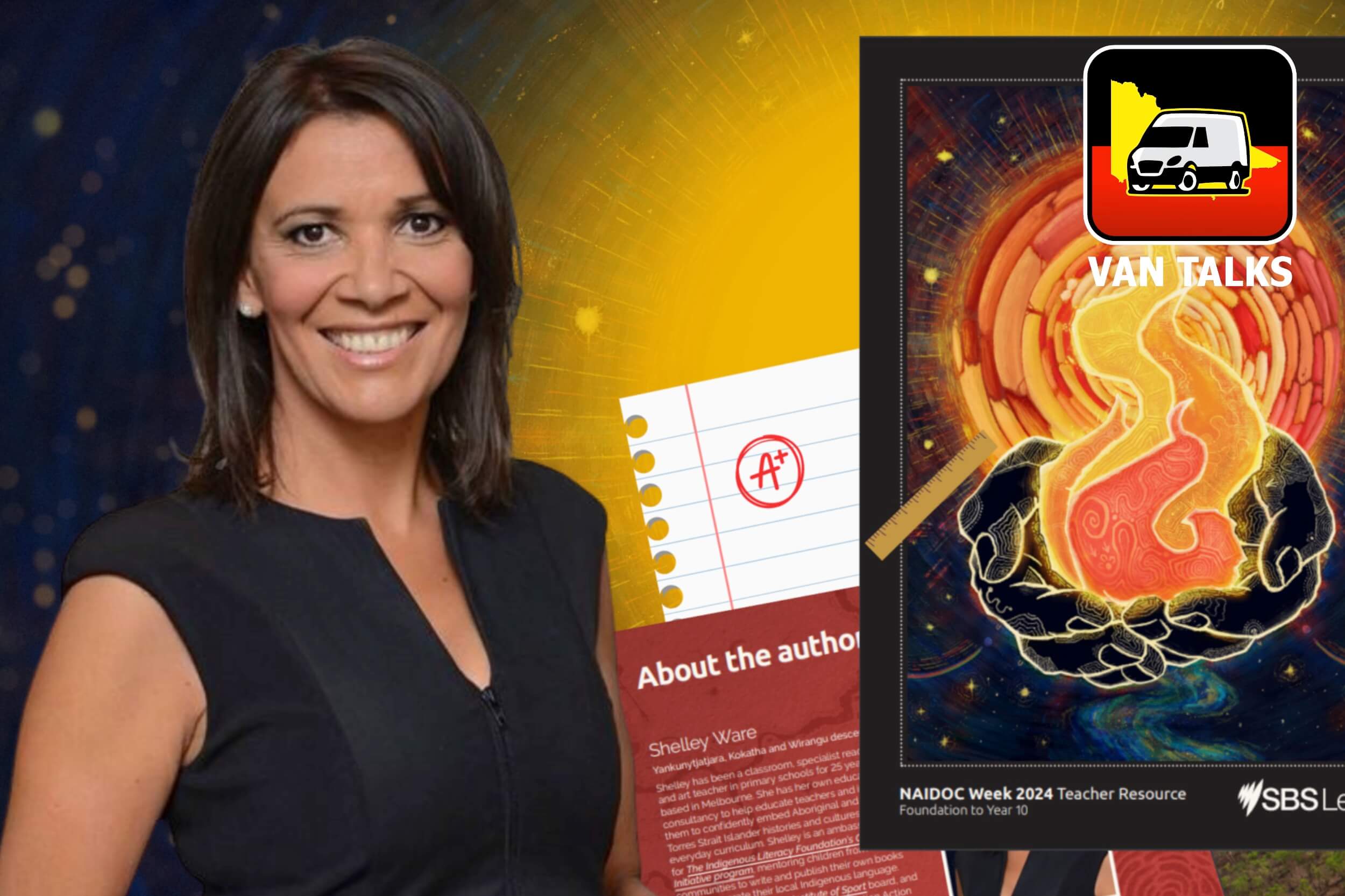
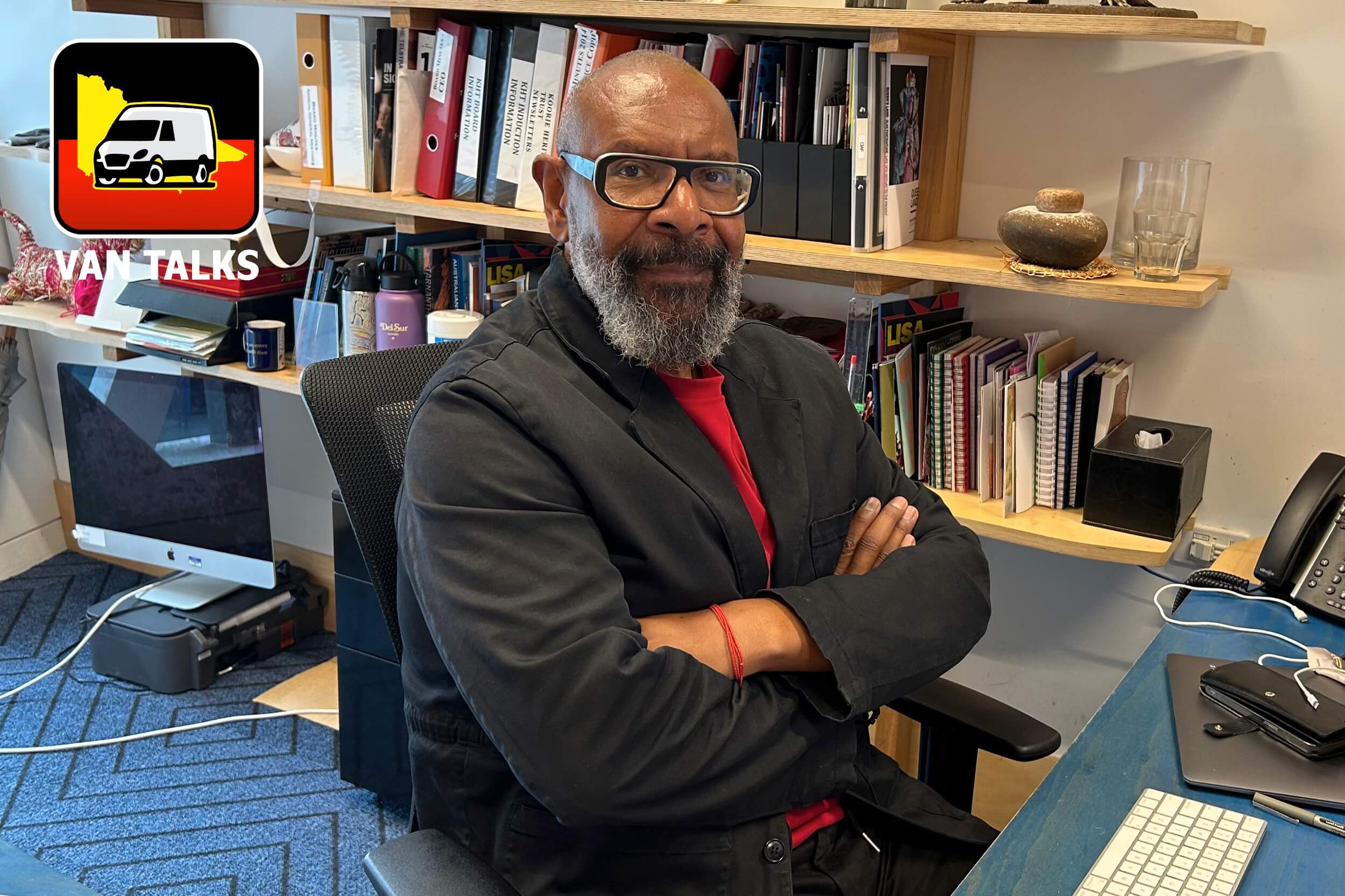
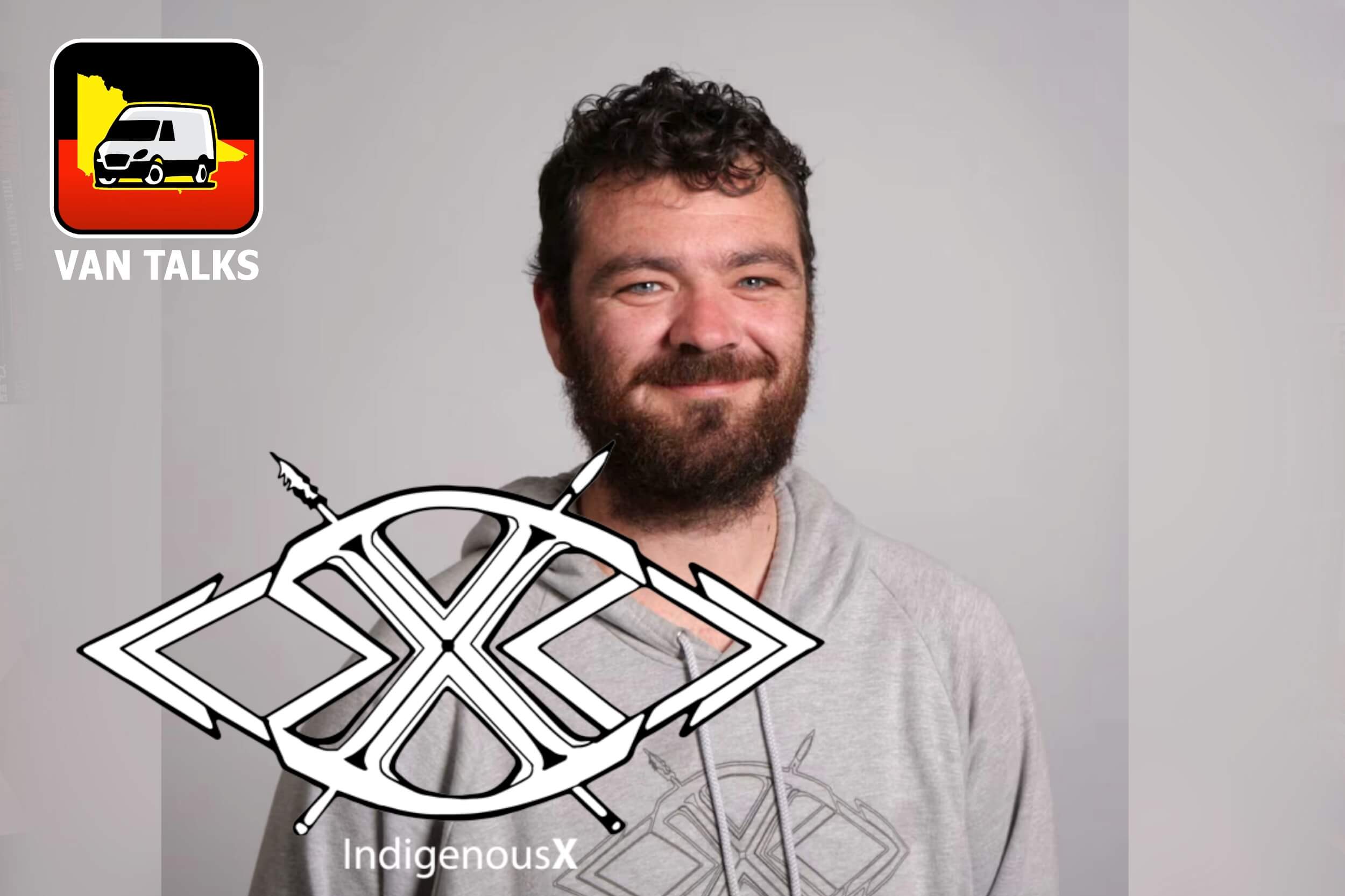
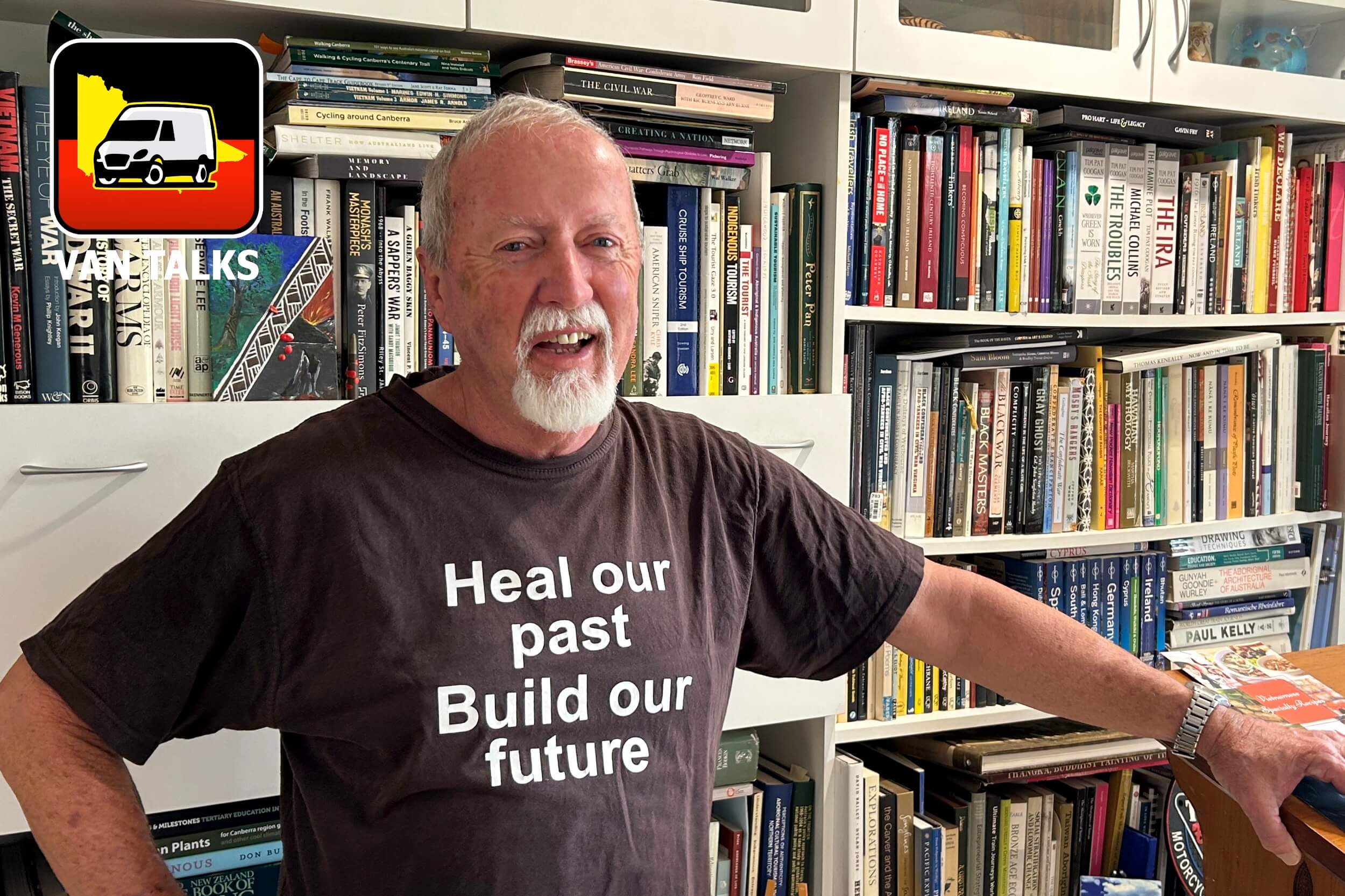
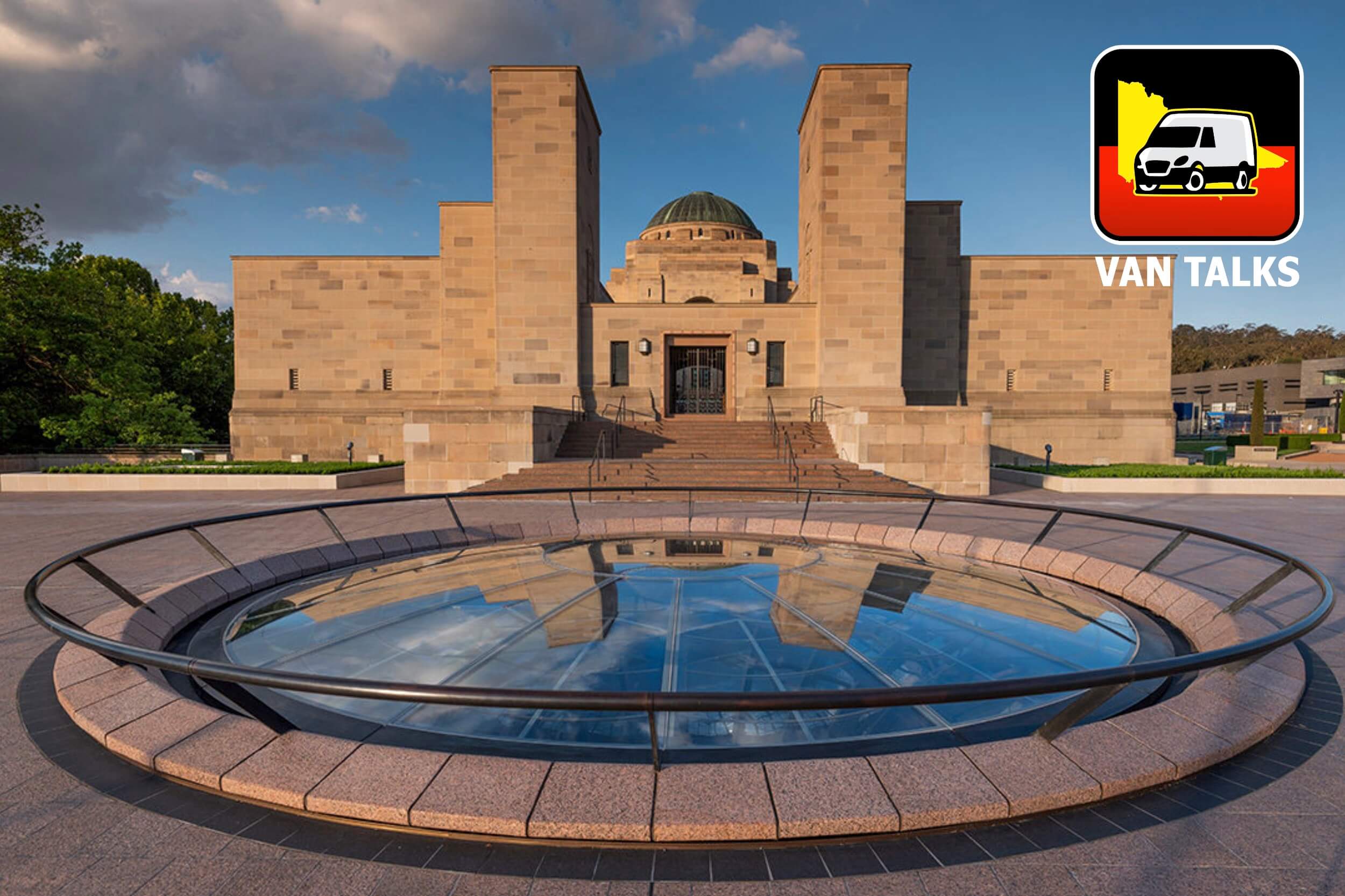

0 Comments